I live in Arizona and we get most of our dairy (except milk) from west coast. Do you still think it is a good idea to get a lot of dairy? Can I get enough minerals and vitamins from dolomite powder or liver or eggs or something like that without dairy? I am taking cod liver oil/ butter oil blend, nutritional yeast, dolomite powder, coconut oil ...

Sally Fallon Morell is the founding president of the Weston A. Price Foundation and founder of A Campaign for Real Milk. She is the author of the best-selling cookbook, Nourishing Traditions (with Mary G. Enig, PhD) and the Nourishing Traditions Book of Baby & Child Care (with Thomas S. Cowan, MD).
Get Price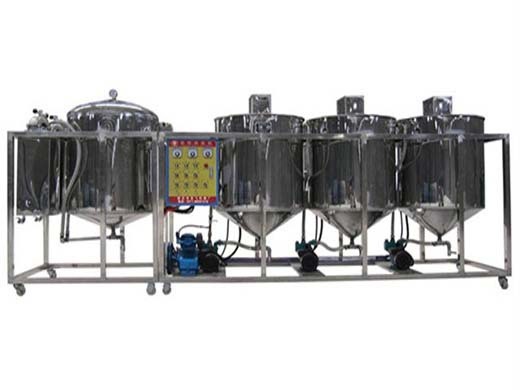
Benefits of Black Cumin. 1. Dermatological Uses of Black Seeds Black seed oil is an excellent source of vitamin E thus can be applied externally on the skin for treating skin diseases like dry skin, burn marks, rashes, wrinkles, pimples, psoriasis, boils, eczema, acne and black spots.
Get Price
Curd from milk heated to a high temperature will not release whey as ordinary cheese curd does, due to the smaller number of casein bridges within and between the casein molecules. Whey proteins in general, and α-lactalbumin in particular, have very high nutritional values. Their amino acid composition is very close to that which is regarded ...
Get Price
Matcha offers health benefits. Because matcha is made from high-quality tea, and the whole leaves are ingested, it’s a more potent source of nutrients than steeped green tea.
Get Price
Ceramic vs. Teflon. There are a wide range of options and prices in both ceramic and PTFE cookware. Both ceramic and PTFE offer extremely affordable options, starting at around $20. More expensive options offer thicker coatings, which can significantly improve cookware lifespan. However as mentioned above, using oil or cooking spray can reduce lifespan significantly regardless of the cookware ...
Get Price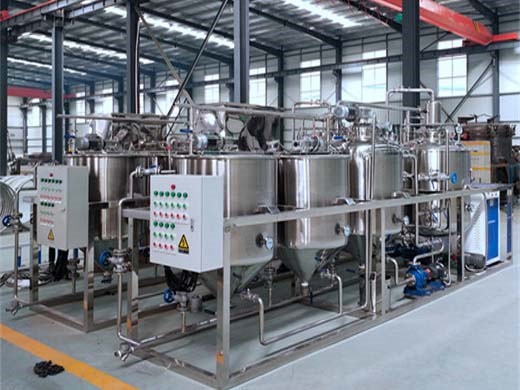
Fat makes up the bulk of a keto diet, to the tune of 70 – 80 percent of your daily calories, so smart fats are a must. This keto food list loads you up on saturated and monounsaturated fats such as grass-fed butter, ghee, and lard, plus coconut oil, fish oil, and MCT oil.
Get Price
Everything you love about Souq is now on Amazon.ae. Discover and buy electronics, computers, apparel & accessories, shoes, watches, furniture, home and kitchen goods, beauty & personal care, grocery, gourmet food & more. Enjoy great deals, fastest delivery and cash on delivery.
Get Price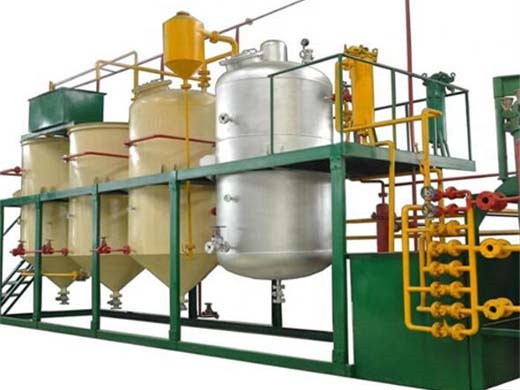
Learn more about Black Seed uses, effectiveness, possible side effects, interactions, dosage, user ratings and products that contain Black Seed
Get Price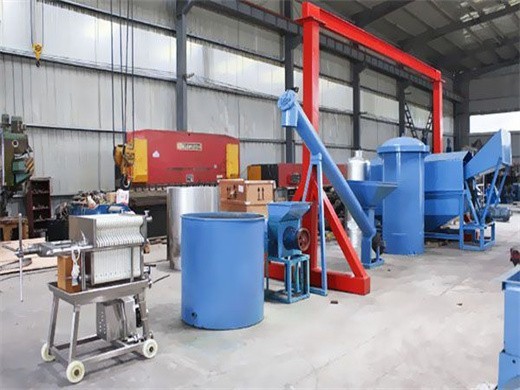
Despite its high saturated fat content, coconut oil has made headway by offering a number of health benefits. Additionally, although coconut oil doesn't lose its nutritional value when heated, it can become unhealthy if heated above its smoke point.
Get Price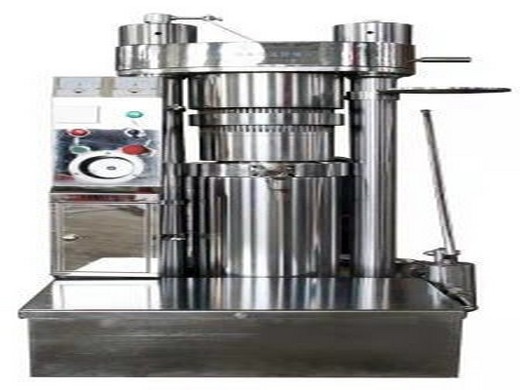
Coconut oil features in many foods and has recently gained a reputation for being healthful. However, experts believe the high levels of saturated fat may make coconut oil a poor dietary choice.
Get Price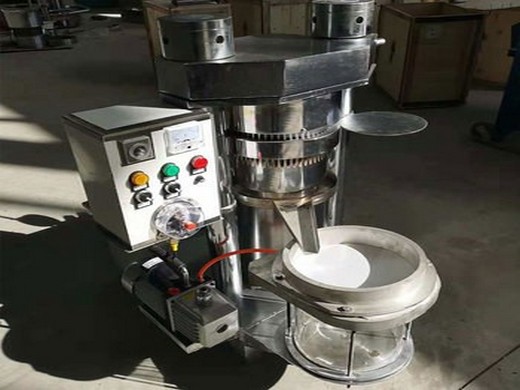
Because it is solid at room temperature due to its high saturated fat content, coconut oil is not an ideal ingredient in cold or room temperature recipes, like dressing or marinades. Coconut oil vs. olive oil: which is healthier? Both coconut and olive oils provide nutritional benefit with few downsides.
Get Price
Coconut oil was demonized in the past because it is high in saturated fat. But new studies actually suggest that it has several health benefits, and is a very good oil for cooking at high heat.
Get Price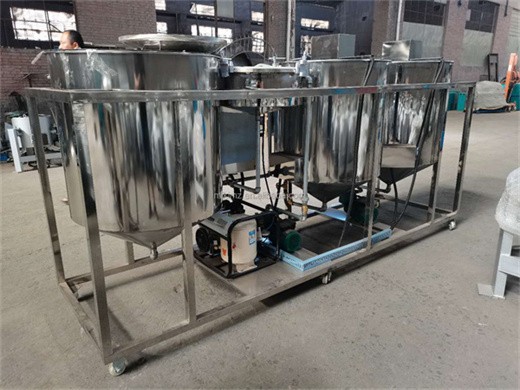
What’s the difference between coconut oil and coconut butter? Coconut oil is made by cold-pressing oil from coconut meat. It’s solid at room temperature, and becomes liquid when heated.
Get Price
In fractionated coconut oil, lauric acid, the primary component and the most valuable part of coconut oil, has been removed by fractionation. Fractionated "coconut oil" is really only a component of coconut oil, since it does not contain any lauric acid. It remains liquid at a lower temperature. Read more about "Liquid Coconut Oil" here.
Get Price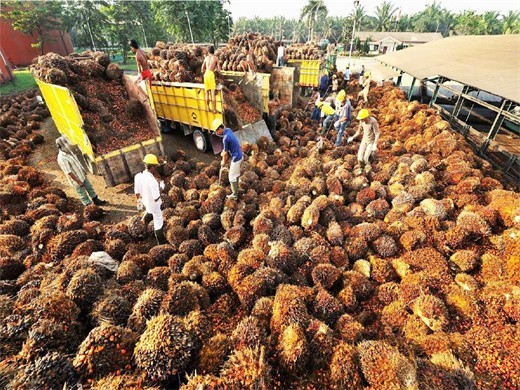
Perhaps surprisingly, how you choose to cook your food can affect its nutrient content. This article explains how various cooking methods affect the nutrient content of foods.
Get Price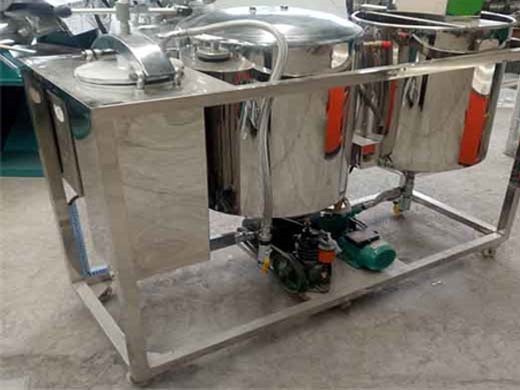
Freezing fruit has little impact on its antioxidant content. In a study published in International Journal of Food Properties in 2015, researchers analyzed the antioxidant levels of 10 small fruits, including different types of cherries, strawberries, blackberries and red and green grapes before and
Get Price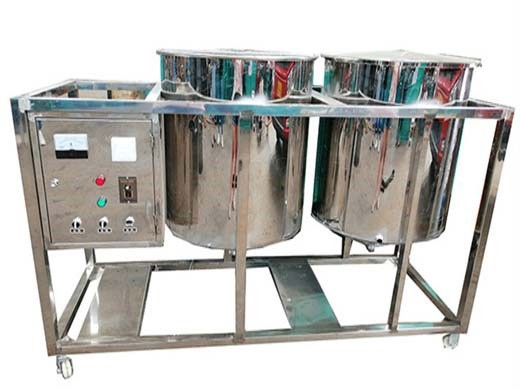
Coconut milk has recently become very popular. It's a tasty alternative to cow's milk that may also provide a number of health benefits. This article takes a detailed look at coconut milk.
Get Price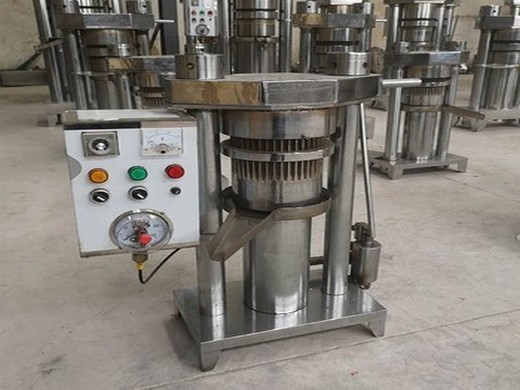
Olive oil plays a key role in the Mediterranean diet. frying food in olive oil may help maintain and even improve its nutritional value. What to know about coconut oil.
Get Price
The second major benefit of cold-pressed coconut oil is the flavor. Unrefined coconut oil retains it’s natural, pure coconut taste This is especially ideal if you’re using coconut oil to for baking. Choosing cold-pressed coconut oil for baking recipes results in baked goods that possess the nutty and delicate flavor that coconut is known for.
Get Price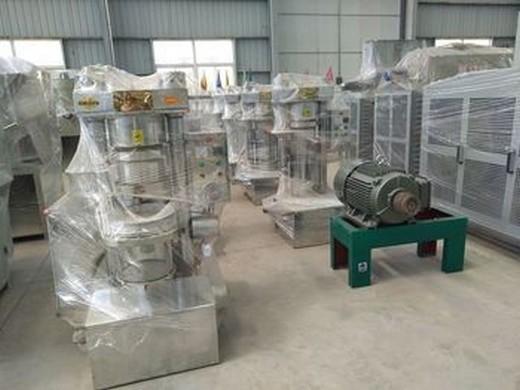
Coconut oil has been shown to have the potential to protect against not only heart disease but a wide variety of chronic health problems including diabetes and cancer as well as a means to prevent and even treat infectious diseases, however, knowledge about coconut oil has been kept buried in medical journals because of a general prejudice
Get Price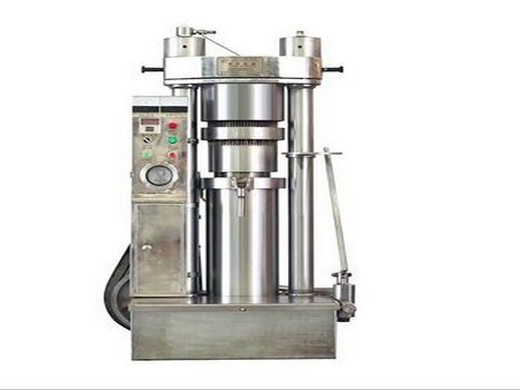
Juices that do not require refrigeration have been heated for a longer period to kill all bacteria and fungi. After you open pasteurized juice, it may lose nutritional value due to exposure to light and the air. To optimize nutritional value, store pasteurized juice in the container in which it came and use it within seven to 10 days after opening.
Get Price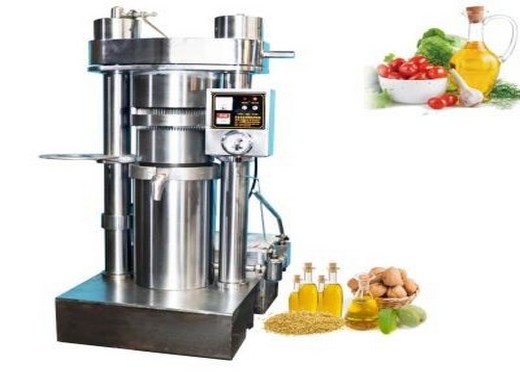
One of the better-known uses of coconut oil is for cooking food. Coconut oil is one of the most stable oils when cooking in high heat. It does not form harmful by-products when heated to normal cooking temperatures like other vegetable oils do. In addition, it can be used as a spread for baking and for making delicious raw, vegan desserts.
Get Price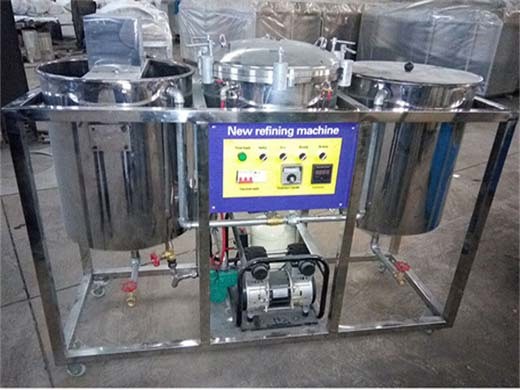
If Coconut Oil says Organic, does that mean it can last up to 3 years in tropical climates), heating it beyond that does shorten shelf-life, and, may cause it to loose some of but this concept doesn’t apply to coconut oil. Refined coconut oil is striped off the nutritional value that is supposed to be present in the oil
Get Price
Coconut oil is widely promoted for weight-loss. While the promises of coconut oil's benefit sound great, the research is less clear. A few studies have looked at the benefit of coconut oil on weight loss, and results have been mixed. While some studies have reported a decrease in participants' body mass index (BMI) and waist size, others have not.
Get Price
And have been using it daily for a year to improve my own cholesterol profile, which was greatly improved on the last test 1 month ago. LDL decreased, not increased, 25 pts, and HDL increased 15 pts. Coconut oil is a nutritional and ‘medicinal’ powerhouse, IMO.
Get Price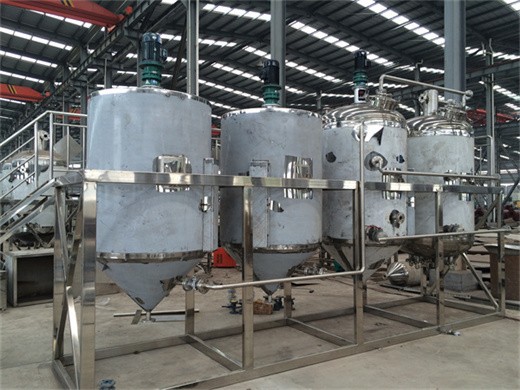
We therefore call the genetic makeup of our guts a ‘biome gut’- so how does our ‘biome gut’ affect our health? It is thought that leaner individuals have a wider variety of bacteria species living in their gut, which are more efficient at breaking down healthier foods such as plant starches and fibre.
Get Price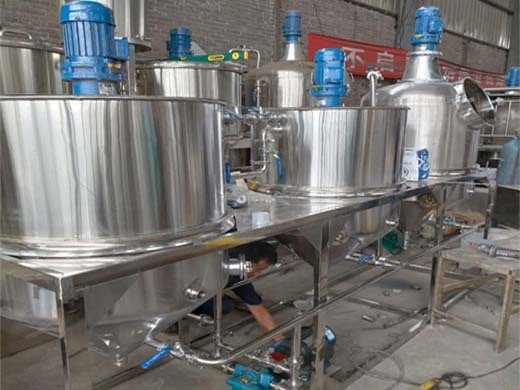
Coconut Oil vs. Olive Oil for Heart Health. By. Copra oil is extracted from dried coconut meat and requires some amount of chemical refining, bleaching, and deodorizing.
Get Price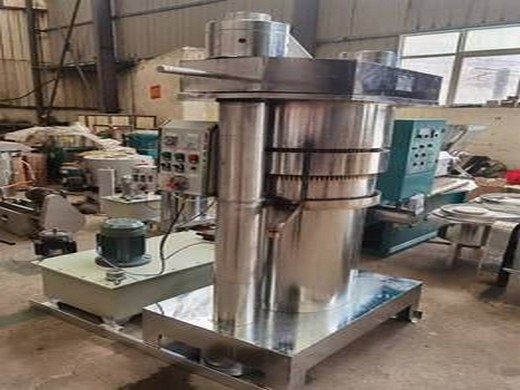
Coconut water nutrition facts. Coconut water, in fact, is the liquid (juicy secretion) collection inside the cavity or endosperm of young, tender coconut. Its water is one of nature’s most refreshing drinks consumed worldwide for its nutritious and health benefiting properties.
Get Price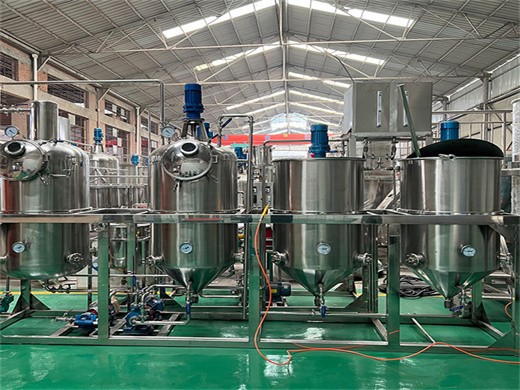
Raw Coconut Oil Production Methods. The basic principal of raw foods is those that are unprocessed and uncooked to maintain maximum nutritional value and benefit to the body. With regard to raw coconut oil, during extraction of the oil, the temperature cannot go above 45C / 113F. If it does, the oil cannot be classified as raw.
Get Price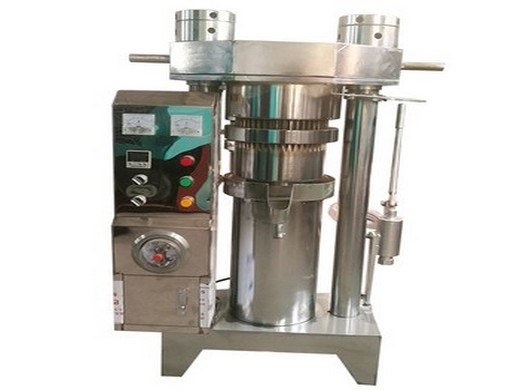
You might wonder why, even when foods are cooked without additional fat, their caloric values per 4 ounces nevertheless increase slightly. One answer to this question is that water present in the raw food is often lost during cooking, and this increases the density and therefore the caloric value
Get Price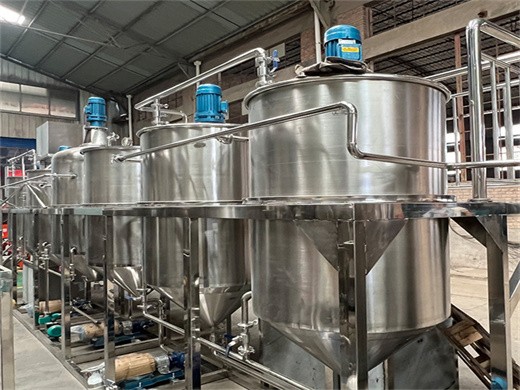
While flaxseed oil should not be heated because it can easily oxidize and lose too many of its valuable nutrients, it appears that heat does not have the same effect on whole flaxseeds. Flaxseeds contain a high concentration of alpha-linolenic acid (ALA).
Get Price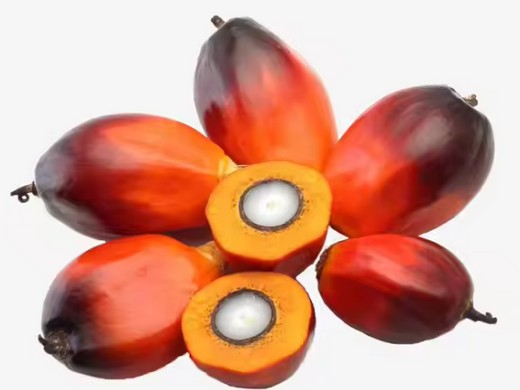
Shredded coconut also contains 33 grams of fat and 40 grams of sugar per 1-cup serving, which significantly decreases the nutritional value of the food. While you'll reap some nutritional benefits when you eat shredded coconut, you should practice moderation when adding it to your diet.
Get Price
Composition of coconut milk. The composition of coconut milk is affected by the composition of coconut kernel. It is important to highlight that the difference in oil content at various ages of the coconut kernel relates to the yield and quality of coconut milk obtained (see Chapter 3, Table 3.6).
Get Price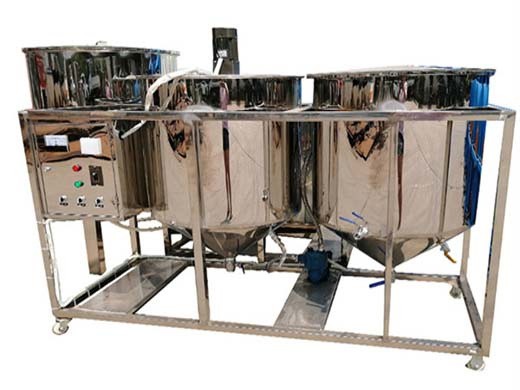
Unrefined vs. refined coconut oil. Refined coconut oil has been bleached to remove impurities, and deodorized using high heat to remove its distinctive odor and flavor.. On the other hand, unrefined coconut oil (often called “Coconut oil”, “extra Coconut oil” or “cold pressed coconut oil”) does not require bleaching and isn’t exposed to high heat levels.
Get Price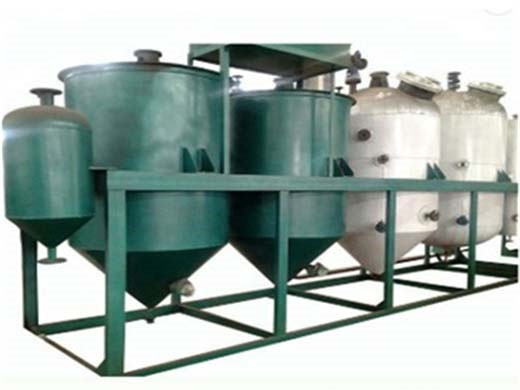
Known for its concentrations of electrolytes, vitamins, and minerals, coconut water has swept the nation. From yoga studios to vending machines, you can buy the tropical drink just about anywhere.
Get Price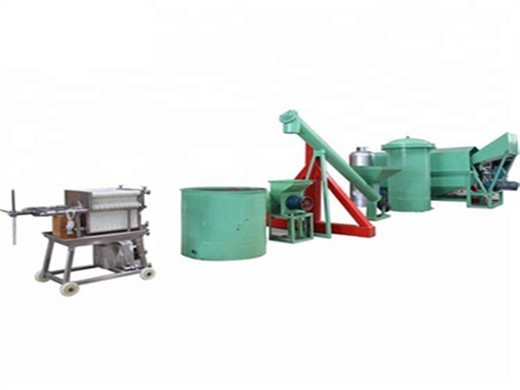
As the name suggests, air popped popcorn is made using only hot air and no added fat, while oil popped popcorn is cooked on the stovetop with a bit of added oil. Popcorn that's been air popped contains 0.4 grams of total fat per cup, while a cup of oil popped popcorn provides 2.3 grams of fat per cup.
Get Price